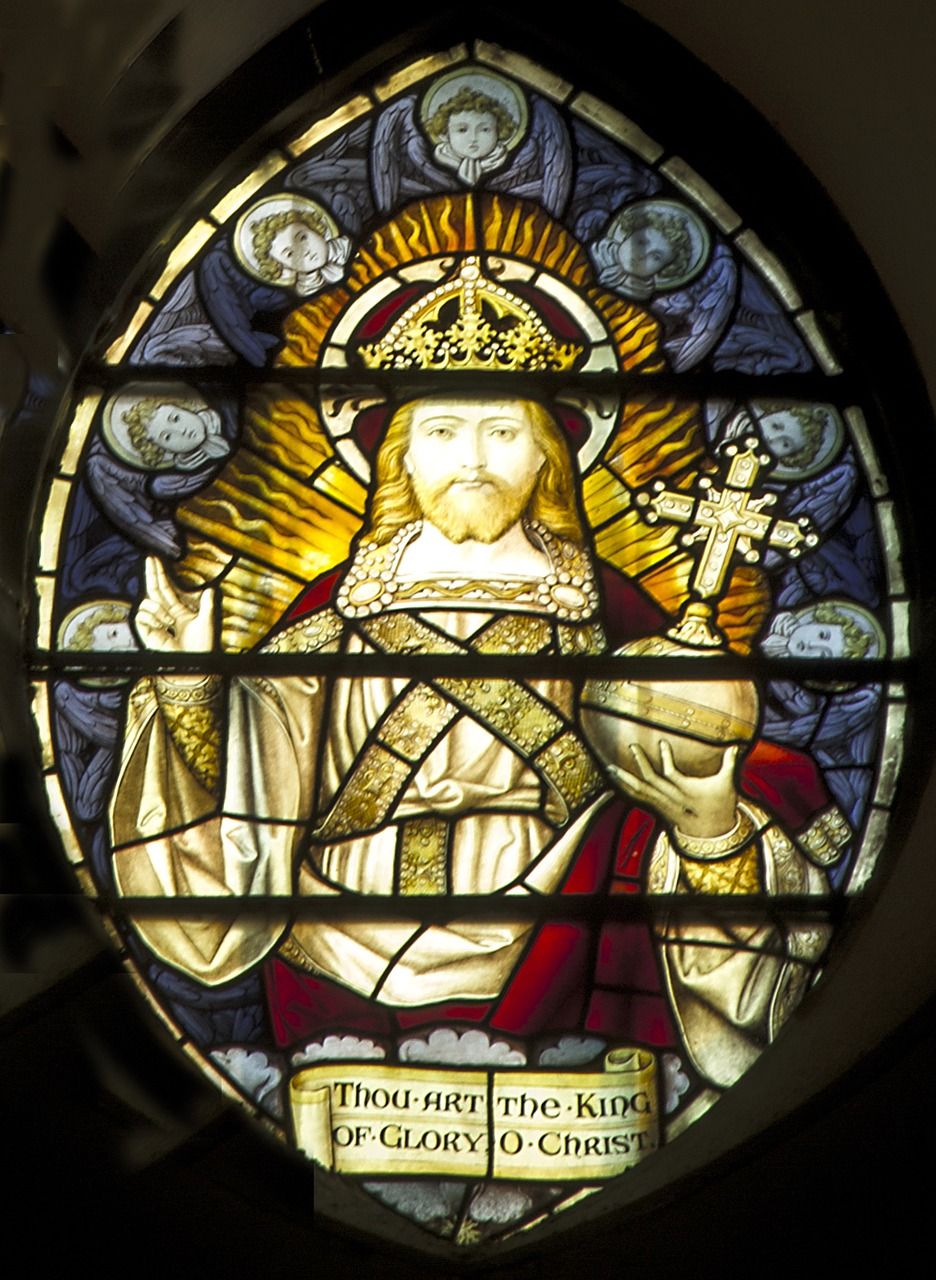“Your kingdom come, your will be done, on earth as it is in heaven.” Matthew 6:10
John Wesley wrote about the kingdom of grace and the kingdom of glory. This reflects the common distinction between the church militant and the church triumphant—the church on earth and the church in heaven.((This is explained by John Deschner in Wesley’s Christology, 127–129.))
Wesley applied the petition, “Your kingdom come,” at three levels: the reign of Christ in the individual believer, the establishment of the kingdom of Christ on earth, and the eternal state of heaven. Richard Watson commented, “For the complete establishment of this dominion of God in our own hearts, this prayer may be properly used, although it principally respects the extension of Christ’s spiritual reign over the whole earth.”((Watson, Exposition, 76.))
It is this first application that caused him to employ this text as a description of Christian holiness. When a person repents and believes the gospel, the kingdom of God is established in the believer’s heart. While sin no longer reigns in the heart of the regenerate, it still remains. The believer grows in victory until he has put all things under his feet, until every thought is brought into captivity to the obedience of Christ. He can reign without rival.
In Grace Abounding, John Bunyan (1628–1688) denounced Richard Baxter and all who allowed for any possibility of “perfection in love” in this life. However, in Bunyan’s Holy War he told how Diabolus petitioned Immanuel that he might have only a small part of the city of Mansoul. When this petition was rejected, Diabolus begged to have a little room within the walls. Immanuel answered that he should have no place at all to rest the sole of his foot. Wesley, who abridged Holy War for the Christian Library exclaimed, “Had not the good old man forgot himself? Did not the force of truth so prevail over him here as utterly to overturn his own system? To assert perfection in the clearest manner? For if this is not salvation from sin, I cannot tell what is.”((Wesley, “On Perfection,” Sermon #76, 3.11.))
R. Newton Flew explained that God’s purpose was for a holy people who were the heirs of his kingdom. Jesus taught the present reality of his kingdom in this world. What Jesus meant by perfection is contained in his teaching on the kingdom. The kingdom is perfection because Christ is at its center. His proclamation of this kingdom carries with it the doctrine of Christian perfection which may be lived out in this present world. This kingly rule of God within the human heart implies the communion of the soul with God. But this rule also implies a realm or a society where a life of love is lived in community. This kingdom was present in Jesus himself and he established it when he entered this world. Yet this ideal of the kingdom included the cross. We enter this kingdom through the new birth and the kingdom is actualized through the supernatural life in the Spirit. Yet growth in this kingdom also requires suffering and death. The kingdom grows on earth as those within the kingdom grow in Christlikeness. Yet the cross was also the final victory of love. There is a victory to be won in this world and it is freedom from sin.((The Idea of Perfection in Christian Theology, 3–40.)) Wesley described “love excluding sin” as love sitting “upon the throne which is erected in the inmost soul; namely, love of God and man, which fills the whole heart, and reigns without a rival.”((Wesley, “On Zeal,” Sermon #92, 2.5.))
Sermon Suggestions
- We enter the kingdom when we are born again—John 3:5
- We experience internal conflict after the new birth—Galatians 5:16–18
- Christ can reign in our hearts without rival—1 John 4:18

